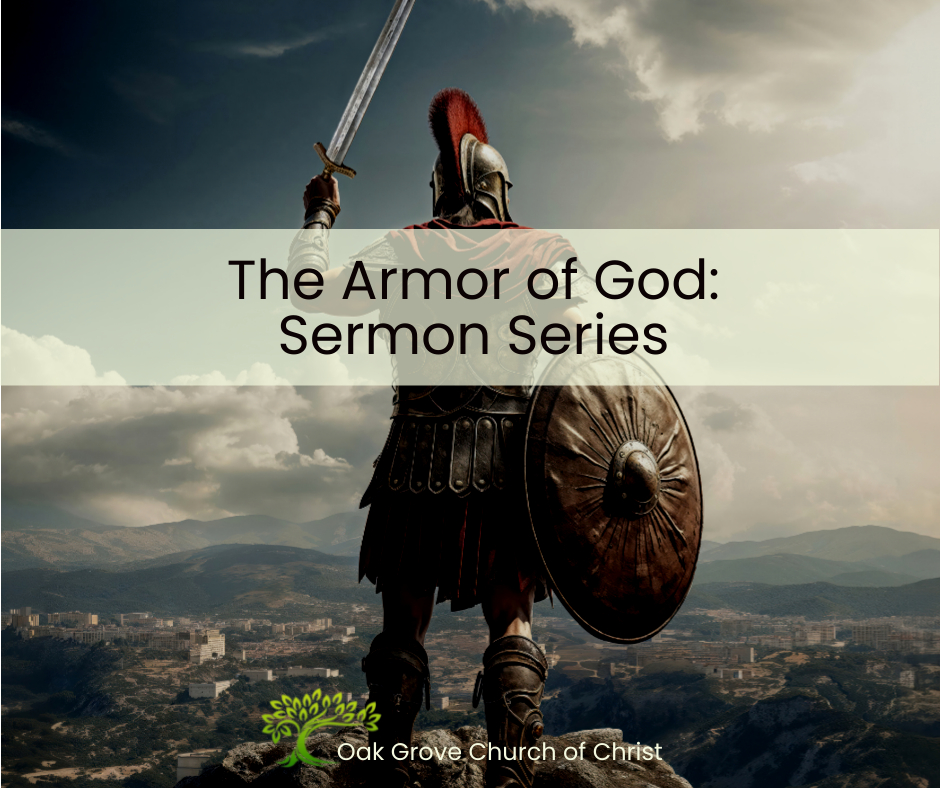
Biblical Foundation for Fellowship
- Numbers 23:8
This verse sets boundaries for fellowship, determined by God’s divine decree, not our preferences. God decides who He fellowships and who He does not.
- Acts 10:15
Peter, a devout Jew, initially resists eating unclean animals, saying, “I would never do that.” But God instructs him not to call common what He has cleansed. This vision prepares Peter to preach to Cornelius, a devout man outside the body of Christ until he hears Peter’s words and obeys. This shows that fellowship is defined by God’s cleansing, not human judgment.
Five Groups God Fellowships
The first two are straightforward, so we’ll cover them briefly. The last three deserve more attention.
1. Baptized, Penitent Believers
- John 1:12-13
This passage, referring to John the Baptist’s ministry, highlights that believers are given the opportunity to become God’s children. Faith leads to discovering Jesus, but faith alone doesn’t save. It’s the starting point.
- Acts 3:19
- Acts 2:38
The phrase “turn again” (or “be converted” in the King James) means turning toward God. The term “blotted out” means sins are wiped away, covered, and gone forever.
- Galatians 3:26-29
Baptism into Christ unites us with Him, making us part of His body.
2. Baptized, Penitent Believers Strong in Faith
The second group is baptized, penitent believers who are strong in faith.
- 1 Corinthians 16:13
Standing fast means standing firm in the faith system of the New Testament, exemplified by Jesus, His apostles, and the heroes of Hebrews 11, who stood strong even unto death.
- Ephesians 6:10
We should strive to be as strong in faith as possible, though strength varies among individuals. Some are stronger, others weaker, but both are Christians in fellowship with God and each other. We must strengthen our faith in God, Jesus, the church, and His Word to share it with others.
3. Baptized, Penitent Believers Weak but Trying
The third group is baptized, penitent believers who are weak but trying. This can be challenging, especially for those stronger in faith who see others struggling. It’s tempting to dismiss them, but God fellowships them, and so should we.
- 1 Corinthians 8:1-13
In Corinth, meat offered to idols was sold in markets. Stronger Christians knew idols were nothing, but weaker believers, fresh from idolatry, struggled with eating such meat. If a stronger brother ate it, unaware of the weaker brother’s conscience, he wasn’t in error. But if he did so knowingly, he risked causing the weaker to stumble.
Weakness doesn’t break fellowship with God or each other, but we must avoid being stumbling blocks and encourage growth through study, patience, and prayer.
4. Baptized, Penitent Believers Who Are Drifting
The fourth group is baptized, penitent believers who are drifting.
- Galatians 1:6-9
These Christians were softening toward false doctrine, drifting but still in fellowship. Paul pleads with them to return, noting in verse 3, “Grace be to you and peace from God the Father, and from our Lord Jesus Christ.”
- Revelation 2-3
In Revelation 2-3, four of the seven churches were drifting yet commended by God. They had their candlestick—fellowship with God—but were warned to repent or lose it. No faithful member was told to leave an imperfect congregation, nor were congregations instructed to break fellowship with each other. God fellowships the drifting, urging repentance to maintain that fellowship.
5. Baptized, Penitent Believers Who Differ in Opinion
The fifth group is baptized, penitent believers who differ in opinion.
- Romans 14:1-4
God accepts both, despite differing opinions.
Hermeneutics—how we study Scripture—can lead to differences.
Exegesis pulls meaning from the text, while eisegesis adds personal interpretation, often causing trouble. For example, some insist only certain Bible translations (e.g., King James) are valid.
While word-for-word translations like the King James, ASV, or ESV are more reliable than thought-for-thought versions, God doesn’t limit fellowship to one translation.
Other opinions, like using pews versus chairs or PowerPoint in worship, don’t affect fellowship.
God fellowships those who differ on such matters, and we should too.
Call to Fellowship Within the Body of Christ
Maybe you’re a member of Christ’s body but hold grudges or misunderstand fellowship. If God fellowships someone, we must too. Let’s bury any hatchets and foster unity.
Invitation for Those Outside the Body of Christ
For those outside the body of Christ, this lesson touched on becoming a child of God: hear and believe the Word, repent of sins, confess Jesus’ deity, and be baptized to contact His blood, rising to walk in newness of life
Are you willing to take that step? If we can help, contact us to further discuss God's wonderful plan for salvation and fellowship.



